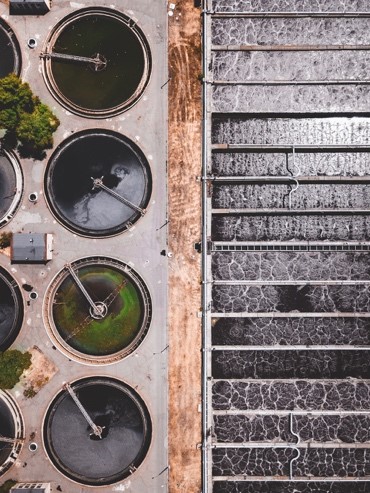
Rehabilitation of a wastewater collector in Dakar, Senegal
ICIEC is providing EUR 50 million in guarantee cover as part of a EUR 126 million facility to Société Générale. The facility is being used to rehabilitate the Hann-Famm wastewater collector in Dakar, Senegal, built more than 70 years ago and is in an advanced stage of degradation. The collector provides approximately 8 km of evacuation and treatment of wastewater, covering more than ten city districts. The rehabilitation will significantly improve the city’s wastewater safety, enhancing resilience against sanitation-related health issues for the population, especially during the flood season. A more effective wastewater collector will also increase the attractiveness of the city of Dakar to foreign direct investment.

Supporting imports of essential commodities to Pakistan
ICIEC has provided USD 50 million in coverage under the Bank Master Policy (BMP) to The Arab Investment Company (TAIC) to import essential commodities, such as crude oil, refined products, and liquified natural gas. The commodities are critical to Pakistan’s residential, commercial and industrial sectors for various purposes, including heating, cooking, generating electricity and manufacturing a wide variety of products.
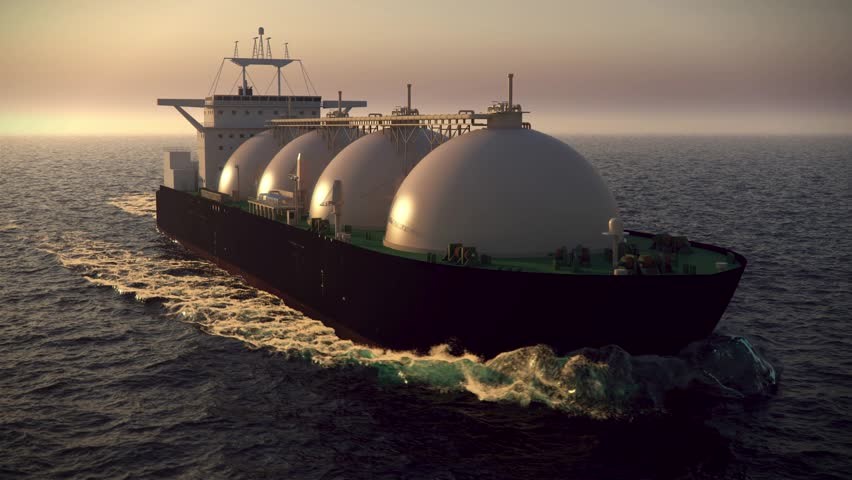
Enhancing energy security in Bangladesh
ICIEC is extending USD 36.22 million in DCIP coverage to Mashreq Bank in support of importing a liquid petroleum gas tanker into Bangladesh. The tanker will assist the Member Country in enhancing its liquid petroleum gas infrastructure, thereby aiding Bangladesh in increasing energy security for its businesses and citizens.

Facilitating investments into the rehabilitation of a centre for disabled individuals in Cameroon
ICIEC provides USD 20 million in credit enhancement cover to its partner, BMCE Bank of Africa, to rehabilitate a centre for disabled individuals in Cameroon. The rehabilitation project will facilitate the modernization of the centre’s technical facilities, the renewal of essential equipment, and the extension of healthcare facilities to accommodate a broader range of disabilities. The rehabilitation will also support expanding the centre’s services, focusing on socio-professional reintegration and empowering people with disabilities to participate in various socio-economic activities. The project contributes to the government’s policy to fight against social exclusion and meet the demands of the sub-region. It is contributing to the achievement of SDG 3 for good health and well-being, SDG 8 for decent jobs and economic growth, and SDG 10 for reduced inequality. The project’s impact reaches beyond Cameroon as the centre provides needed medical services to patients from Chad, Central African Republic, Gabon, Congo and Equatorial Guinea. The project showcases ICIEC’s key role in mobilizing private sector resources to develop medical infrastructure in its Member Countries.

Promoting exports of coal from Indonesia and other Member Countries
ICIEC has provided cover for a Bank Master Policy (BMP) to FIM Bank favouring Adani Global. The transaction serves to facilitate the procurement of Coal from Indonesia and various other ICIEC Member Countries. ICIEC is insuring the principal amount of USD 10 million, though the cover is estimated to facilitate up to USD 20 million worth of exports. ICIEC’s involvement in the project is helping to grow Indonesia and the other Member Countries’ economies by supporting the promotion of their exports in new markets.
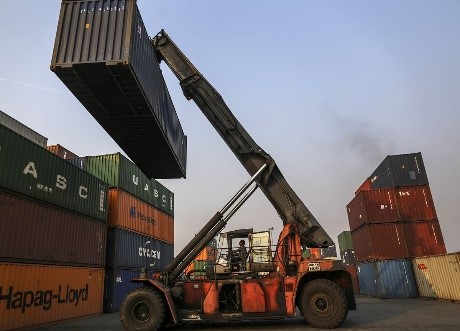
Supporting SME trade finance in Uzbekistan
ICIEC is extending USD 50 million in cover to ICBC Standard Bank Plc for a finance line to Sanoat Qurilish Bank (SQB) in Uzbekistan. Due to the quarantine restrictions and uncertainty brought about by the COVID-19 pandemic, Uzbekistan faces weaker trading partner demand, particularly for natural gas, and lower domestic demand – leading to lower private consumption and investment. The role of SMEs in Uzbekistan’s economy has significantly increased since 2000, accounting for approximately 78% of jobs, leading the nation’s government to prioritize the sector. The financing to SQB supports government policies aimed at reducing Uzbekistan’s exposure to volatile commodity prices and diversifying the range of export markets by strengthening the export potential of the private sector, particularly SMEs. Approximately 50 to 100 of Uzbekistan’s SMEs are expected to benefit from the facility, increasing their access to trade finance and facilitating imports of capital goods. The facility will also help SMEs overcome specific barriers, including lack of access to financing and improving their export potential.
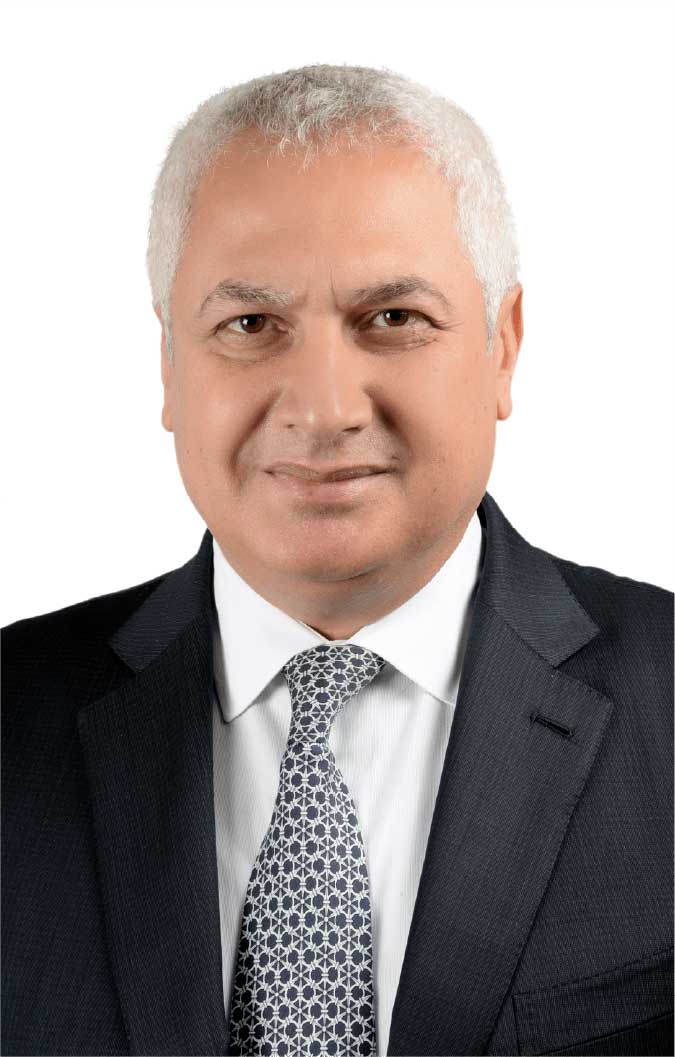
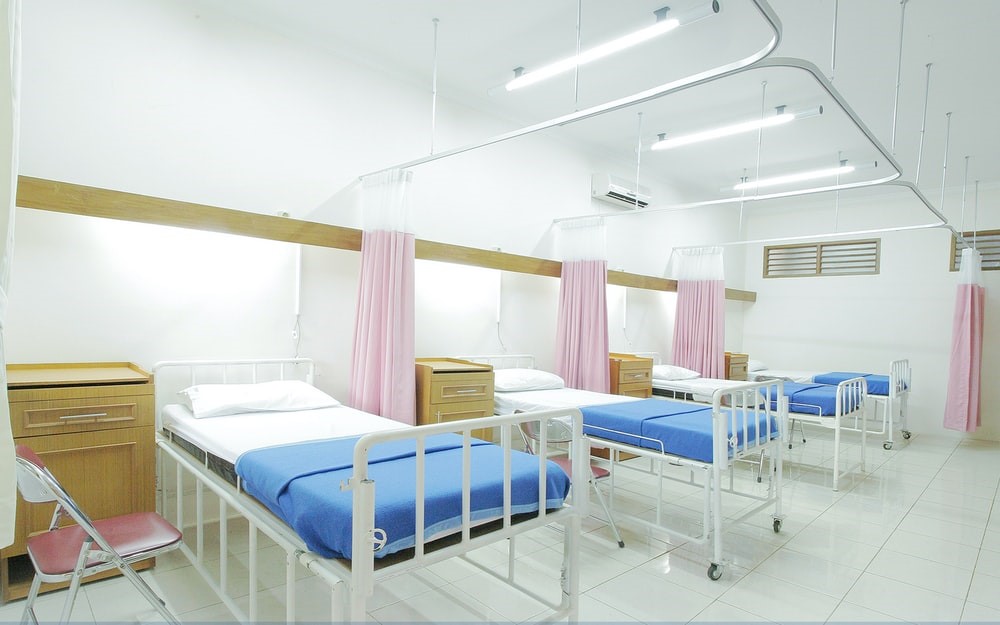
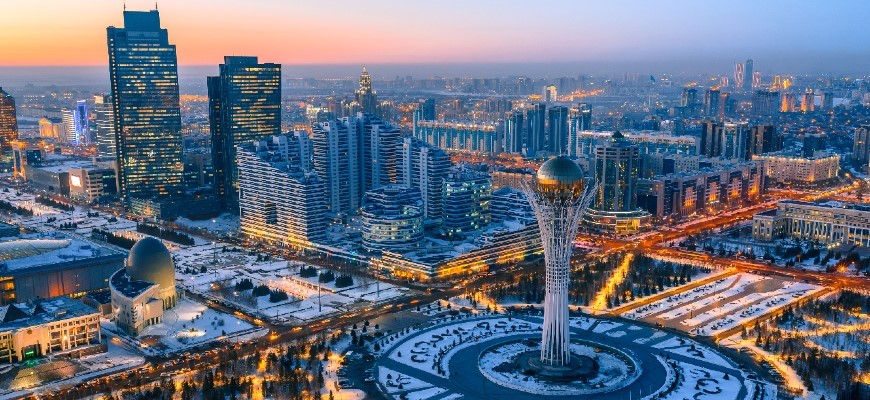
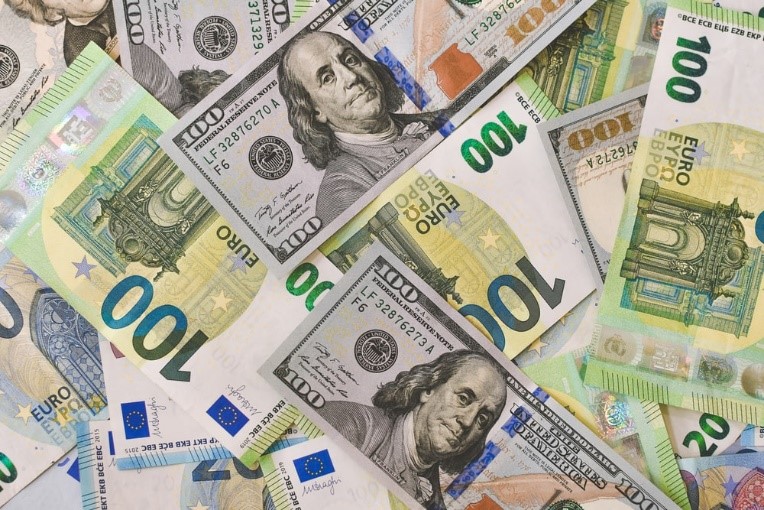

 Download Newsletter
Download Newsletter
